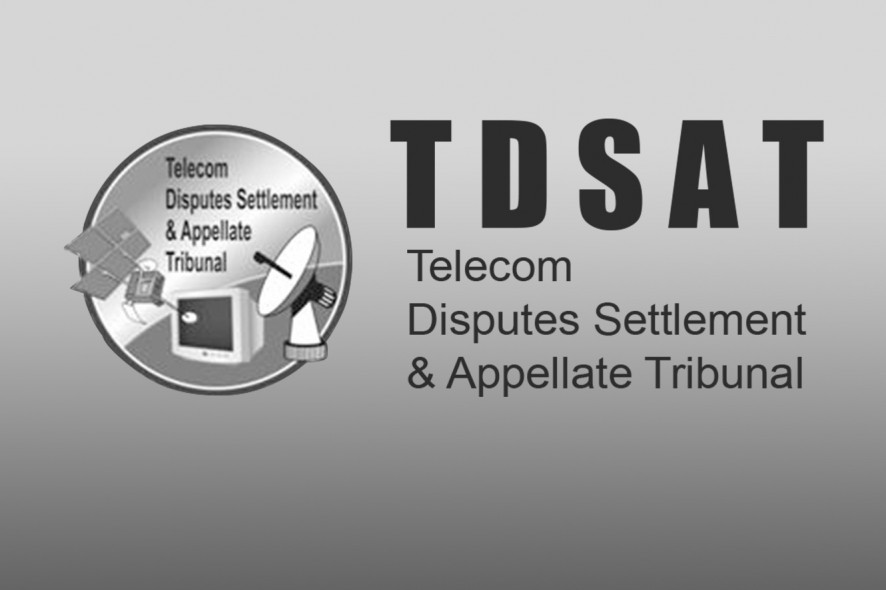Telecom Disputes Settlement and Appellate Tribunal (TDSAT): A group of three separate telecom and broadcasting petitions were directed against S. Tel Pvt. Ltd., Tulip Telecom Ltd., Loop Mobile (India) Pvt. Ltd. respectively as all of these companies had liquidation proceedings pending in different High Courts. The main issue for contention as insisted by the Official Liquidator in all these petitions was whether the petitioners were required to take permission of the High Court in the pending liquidation proceedings for proceeding with the telecom petitions in the Tribunal in the light of Section 446 of the erstwhile Companies Act and Section 279 of the Companies Act, 2013.
According to the learned counsel appearing for the respondents in all these matters, Section 279 of the Companies Act, 2013 should not have any effect on matters which lie within the exclusive jurisdiction of TDSAT which has been constituted for a special purpose by a special Act i.e. the Telecom Regulatory Authority of India Act, 1997 (the Act). With respect to jurisdiction in the matter of execution, the opinions of the learned counsel varied as a few of them insisted that the jurisdiction of TDSAT to execute its orders and decree under Section 19 of the Act is special and exclusive and therefore would not be affected by provisions of the Companies Act, while others conceded that the jurisdiction in the matter of execution may not have the same standing as the adjudicatory jurisdiction under Sections 14 and 14-A of the Act.
TDSAT, while adjudicating the first issue based upon the proposition that the Act is a special statute conferring special and exclusive jurisdiction upon the Tribunal, held, the provisions of the TRAI Act, 1997 conferring adjudicatory jurisdiction over the Tribunal to be exclusive and special and therefore to be considered as a part of a special statute. On the other hand, the relevant provisions of the Companies Act, 2013 were found to be clearly general part of a general statute governing the companies in general. This being the case, the Tribunal opined that the adjudicatory proceedings before it will not be affected by the provisions of the Companies Act and as a consequence would be heard and decided by TDSAT and the petitioners would not be required to approach the winding-up court for its permission.
With regard to the second issue of commencing the execution proceedings, TDSAT held that the procedure and power relating to execution were expressed in most general terms and there was no requirement of any purposive interpretation to hold this power to be exclusive or special power of the Appellate Tribunal and thus the proceedings relating to execution pending before TDSAT were held to be governed by and subject to provisions of Sections 279 and 280 of the Companies Act. [Dishnet Wireless Ltd. v. S. Tel Pvt. Ltd., 2017 SCC OnLine TDSAT 332, decided on 7.9.2017]







